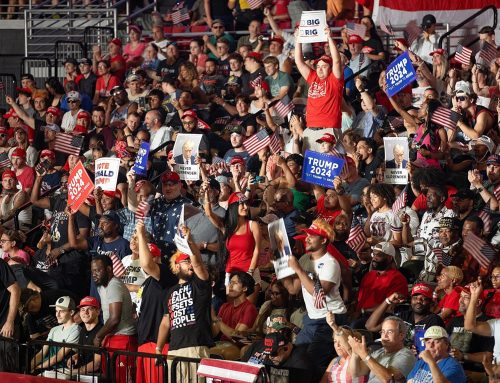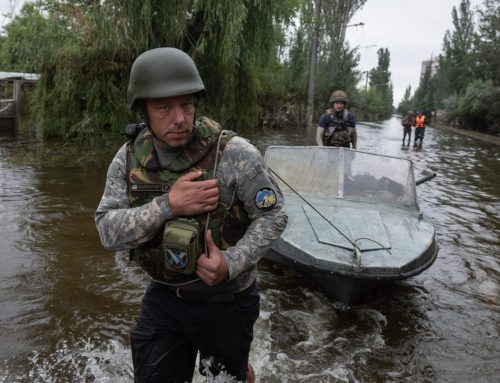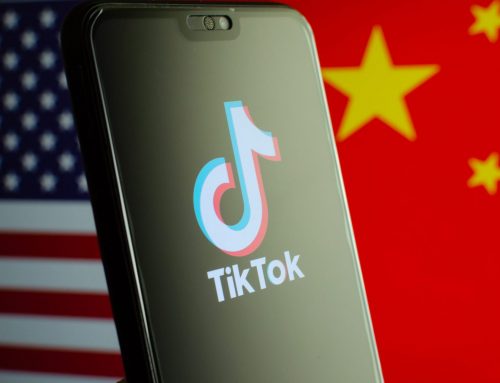Last week, Russian state media in France aggressively pushed the Kremlin’s Ukraine-related narratives. However, their France-focused content—freedom convoys, public health measures, and vaccines—still garnered more engagement, with a few exceptions.
At the beginning of the week, RT France’s more editorialized coverage of the freedom convoys—both in France and abroad—generated the most YouTube views and Facebook interactions. Relatedly, a rant against public health measures from an RT France pundit was the most viewed RT France YouTube video of the week, continuing a trend of RT winning audiences through anti-public health messaging that has been observed over the past several months. Tangentially related, the withdrawal of minor far-right presidential candidate and anti-vaccine champion Florian Philippot from the election earned him a prominent RT France interview, in which he criticized the French election system.
However, the major story last week was Ukraine. “Donbass” was the most frequently used keyword and hashtag in tweets posted by monitored Russian accounts. There was also a nearly 400 percent increase in mentions of Donbass compared to the week prior. Russia was also by far the most mentioned country, with Ukraine relegating France to third position, a shift from previous weeks where domestic issues were more prominent than foreign policy conversations.
Ukraine-related content, however, continued to receive less engagement than RT’s more French-centric coverage. On Facebook, for example, only two of the top ten posts—coverage of German Chancellor Olaf Scholz’s and Belarussian President Alexander Lukashenka’s visits to Moscow—were related to foreign policy. A similar trend was noted on RT France’s YouTube channel. (While outside of the studied week, Putin’s marathon speech and content related to Russia’s recognition of the two separatists republics on Ukraine were widely viewed on YouTube).
The Chinese embassy in Paris focused last week on the phone exchange between Presidents Macron and Xi and the possibility of a revived EU-China trade deal. It also again targeted French researcher Antoine Bondaz over his Taiwan-related tweets. CGTN Français received uncharacteristically high views for its Ukraine-related content on YouTube. They relayed Sputnik stories about Ukrainian shelling, warned that Moscow would redirect gas flows if sanctioned, and repeated Moscow’s accusations of disinformation against “the West.” But the Winter Olympics were still the top topic, with the Chinese embassy in France relaying Macron’s support for the games, and state media highlighting how happy French athletes were with their experience.
Turkish and Qatari state media outlets stuck to their usual pro-Muslim minority coverage, focusing on France’s withdrawal from Mali in the geopolitics sphere. AJ+ Français also promoted its usual themes: criticism of colonialism, statistics about racism in France, and pro-minority human interest stories. They were also the only monitored outlet to provide substantial coverage of Valerie Pécresse’s failed anti-immigration rally last week (a significant story in the French press). French-language Turkish state media actively disseminated—on both Twitter and Facebook—a New York Times article about Muslims leaving France, and a TRT Français article that encouraged Turkish diaspora members “not to forget you are Turkish” received a comparatively high number of interactions on Facebook.
The views expressed in GMF publications and commentary are the views of the author alone.






